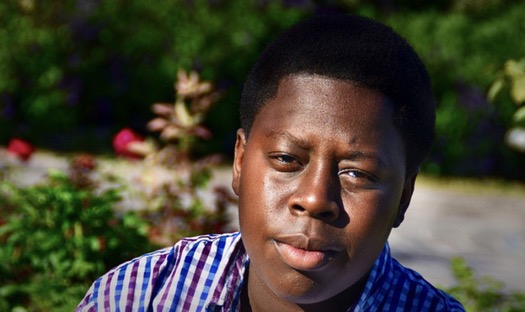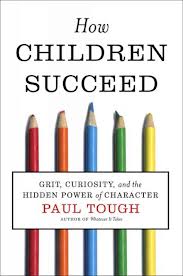
The Recent Trend of Banning Books
Turn on the news, grab a paper or open your favorite news and app and you are going to see an article discussing the recent trend, is it really recent(?), concerning the banning of books sweeping across America. Art Spiegelman’s book, “Maus” is just a recent example:
Reading “Maus” was formative for me. But decades later, other public school students in Tennessee will be denied that same experience. Despite it being part of a state-approved eighth grade curriculum, the members of the school board in McMinn County, outside of Chattanooga, banned “Maus” in a unanimous vote earlier this month.
The vote finally received media attention Wednesday, just hours before the start of Holocaust Remembrance Day.
Minutes of the Jan. 10 meeting available online reveal that the board members said they objected to the book’s use of profanity and an image of nudity depicting the dead body of author Spiegelman’s mother, who took her own life at age 56.
Book banning. Book burning. Restricting content or subject matters. All has a long history within human history. Here in America, we’re just adding to the long oftentimes dark, history. However, before I go into specific stories about the banning of specific books, or curriculum or even speakers, I have some terms to define, and comments regarding each.
Not all book bans are created equal
Much of the narrative you are reading today fails to take into account the nuances of the various bans; shocking, right? Let me begin:
- Absence is not a ban:
In a given school, whether it be in the school library or the collection of books available in each teachers classroom, there is not room for every book under the sun. Just because a book is not available in a particular library, classroom or school does not mean that the book has been banned. - Required Reading:
Schools often stipulate that certain titles are required to be studies as part of their officially sanctioned curriculum. Simply because a book is removed from the “Required Reading” list does not mark it as a banned book. Often times the book may be included in class at the discretion of the teacher. It may still live in the library even if it is not ever taught in class. - Not Purchased:
This is a book that has not been purchased by the school but is not considered ‘banned’. Kids are free to bring the book to school for their own personal reading pleasure. - Banned Material:
This is the type of material that is the most severe. The book has been placed on an outright banned list from school grounds. It is not taught, it is not in any classroom or library and individual students are not free to bring such material to class.









